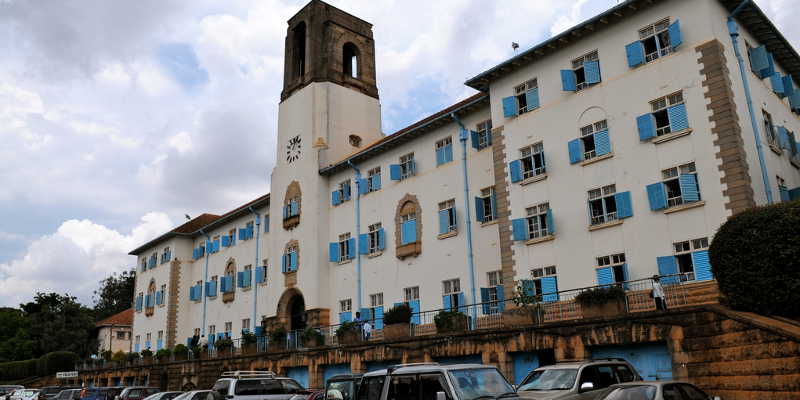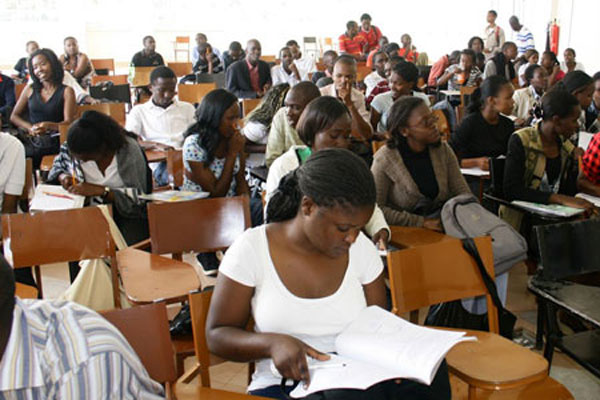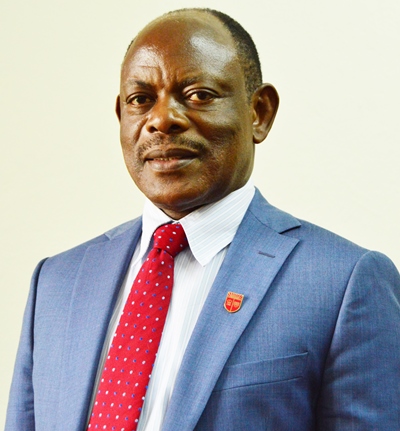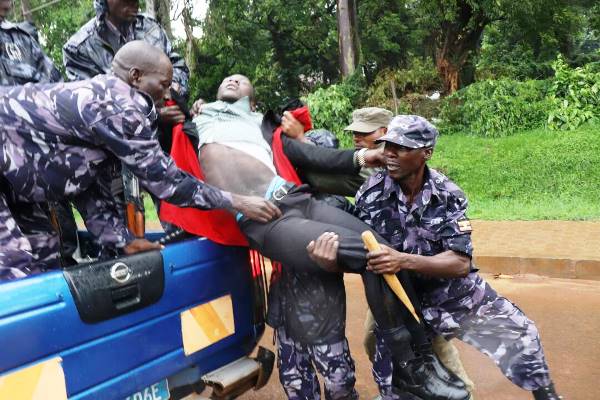My former boss admits having been locked in the house by his three teenage children because they wanted to go to club. The children conspired to lock up their dad who had refused to grant them permission to go to a night club that had hosted their favorite musicians on a particular night.
When they returned home at about 4.30 am the children opened for their dad and they scampered to avoid meeting their fiery dad. This act alone highlights the fact that depending on the magnitude of misunderstanding at home such children can go an extra mile to set the house ablaze and kill their father.
Such behaviors don’t end at home but can also be brought into schools. This is what later alone gets manifested into school strikes where students beat up teachers, burn buildings and vandalize all property at school. The strikes we see in schools is a mere manifestation of the untamed students’ misconducts that start right from home.
Educationists and the public are always puzzled as to why a student would wake up one day, mobilize his fellow students, introduces the doctrine of a strike to his peers and have them unanimously agree to follow him in his endeavors to put down a school.
As we ponder over the possibility of all this, we need to realize that the causes of a strike in a school are not the usual issues that students always put a cross. When we put on the right lenses we are able to identify factors like these below;
The absence of the spirit of patriotism is one immense factor. In an environment where the school administrators do not have any trace of patriotism, it is clear the students will not have any access to such a great resource necessary for national development.
School administrators and staff are alwys working because they have something to gain at the end of the day not necessarily because their services are needed for national development. They go ahead to create the impression that they own these schools as their personal projects. Why are these students not allowed to corporately own their schools?
Students ought to be made to feel that they have a stake in these institutions and they own them. Therefore it is their singular duty to love and protect their school from any kind of harm.
The youngsters should be introduced to informal and formal patriotism classes at an early stage and this can help reduce on the number of strikes. Patriotism can be achieved in its reality only if the administration lives up to those standards.
Another contributing factor to the innumerable strikes in schools is the role model effect. It is unfortunate that politicians, civil society groups, religious leaders and other opinion leaders riot and go unpunished.
In my prediction if not prophesy the trend of strikes, in the next few years, will multiply as the pupils who are now in primary cross over to secondary schools because their environment has been full of strikes by the said groups of people. They have now gone through systematic sensitization and now believe beyond doubt that issues can only be solved by violent means.
It is important to realize that strikes are also a result of poor communication between the students and the administration or between the prefects and the administration.
The lack of explanation and action on reported cases or delayed action about administrative challenges by the school administration in most cases provokes students to stage the strikes. These information gaps intensify the mayhem that leads to strikes. Students should be regularly trained, while the school authorities should conduct regular career guidance seminars to counter poor character and hooliganism among the students.
We cannot rule out the possibility of drugs and their impact on discipline. Drug abuse and addiction is also a common problem in both day and boarding schools. Most schools are situated in estates (residential areas) making drugs readily available for students.
A number of student strikes are attributed to drug abuse. The use of drugs creates a breed of students who are fearless, ill-mannered with criminal tendencies. Such students find it very easy to cause havoc in schools.
The lack of effective guidance and counseling services in schools is also singled out as a major cause of student strikes. These services are usually given at crisis times since the schools lack permanent councilors and the teachers are too busy trying to cover the syllabuses leaving little time for the students.
Other major causes of student strikes include: poor parenting, lack of essential facilities in schools, poorly cooked food, political interference, among others. School managements should address these weaknesses to create a preventive mechanism against strikes before issues run out of their hands.









